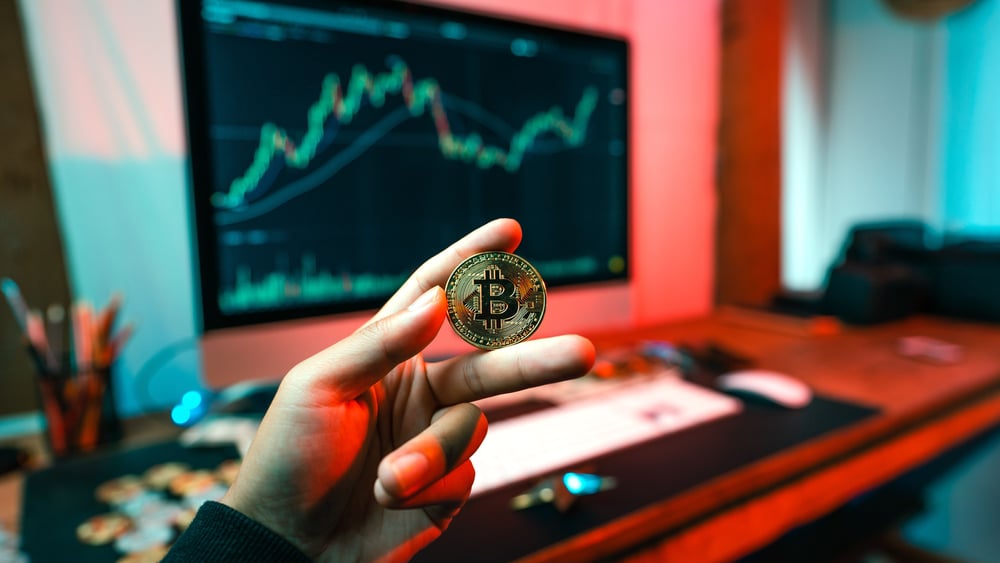
- Cryptocurrency
Trump’s Bitcoin plan stirs controversy
Do you want to know how to make money from this?
Register for free and get expert advice, access to a training course and webinars.
Key points:
- If elected, Trump plans to keep 100% of all Bitcoin held by the US government.
- The US holds about 1% of the world’s Bitcoin supply.
- Having a government reserve could strengthen the price of Bitcoin, but it also means there are fewer Bitcoins to trade.
In late July, Donald Trump addressed an audience at a crypto conference in Nashville, Tennessee, declaring, “Never sell your bitcoin.”
In his speech, the Republican presidential candidate made a last-ditch effort to attract cryptocurrency-friendly voters before the November election, unveiling a series of campaign promises, including a plan to create a government reserve of bitcoin.
Trump’s competitors
Donald Trump has said that if elected, his administration will aim to hold on to 100% of all bitcoin that the U.S. government currently owns or acquires in the future, adding that these funds would form the basis of a strategic national reserve of bitcoin. Trump is not the only one to have proposed such an initiative.
U.S. Senator Cynthia Lummis has introduced a bill that would require the U.S. government to purchase one million bitcoin, or about 5% of the total supply. Independent candidate Robert F. Kennedy Jr. has also proposed creating a national reserve of four million bitcoin. A strategic reserve would be a possible use for the large amount of bitcoin held by the U.S. government. It hasn’t yet been decided how it would be used, or whether it would be feasible or even practical for the broader cryptocurrency market.
Should politicians bet on cryptocurrency?
The U.S. government holds a significant stash of the cryptocurrency, valued at about $11.1 billion, including 203,239 bitcoin tokens. According to Arkham Intelligence, the funds were obtained through criminal seizures, including from the Silk Road online marketplace that was shut down in 2013.
The U.S. currently holds about 1% of the world’s total bitcoin supply, which is about 19.7 million tokens, according to Blockchain.com. The total supply of bitcoin is capped at 21 million. By comparison, large private investors like Michael Saylor’s Microstrategy hold about 226,500 bitcoin tokens, while BlackRock’s iShares Bitcoin Trust and Grayscale Bitcoin Trust hold 344,070 and 240,140 tokens, respectively, according to Bitcoin Treasuries.
A government-owned Bitcoin reserve could strengthen its price. However, having such a reserve also means fewer tokens for crypto investors to trade, which could leave them vulnerable if the government decides to sell some of its reserves. In addition to the United States, other countries also hold significant Bitcoin reserves, with China being the second-largest government holder with 190,000 coins, according to Bitcoin Treasuries.
Do you want to know
How to make money from the news
Register for free and get:
- Expert consultation;
- Access to the training course;
- Opportunity to participate in webinars

